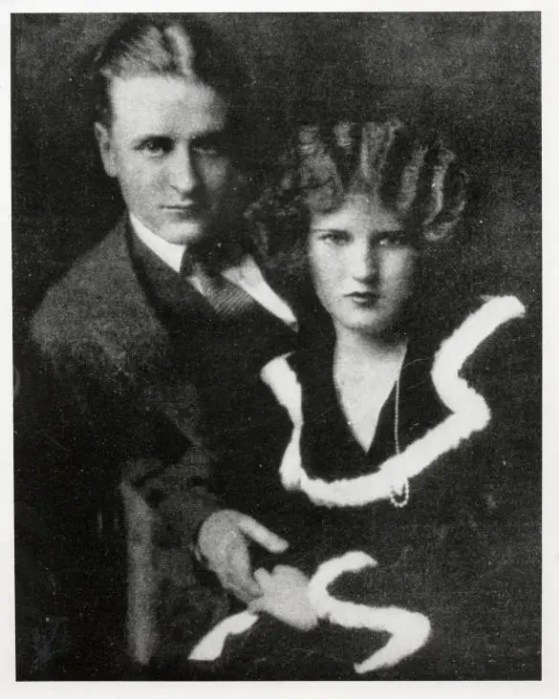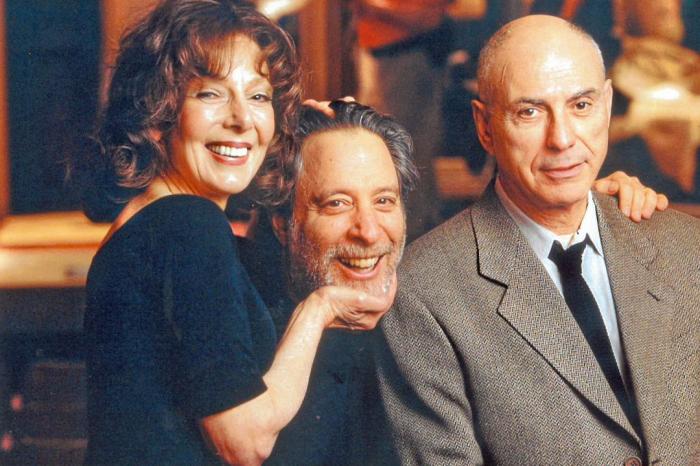 TRISHNA
TRISHNA
IFC Films, Rated R
1 1/2 stars
Reboots are apparently not just for blockbusters these days. A Thomas Hardy classic that has fascinated enough to inspire six screen adaptations since the last century including Roman Polanski’s 1979 Tess, a television episodic series and an unconventional stint on the South Bank Show, Tess of the D’Urbervilles turns up now for some reason in India, and with a brand new name in the mix as well – Trishna.
The dramatically blunt romantic tragedy is directed by Michael Winterbottom (A Mighty Heart, 24 Hour Party People), and strangely enough crediting Hardy as the sole writer, even though the end product bears little resemblance to the original 1891 novel. The film likewise seems to be mulling Hardy as some sort of time traveler into the present, and contemplating the tale through contemporary eyes transported to India.
Though if Winterbottom is embracing some pressing rationale, I have no idea why. Except to say that with its graphic sexuality, flirting so to speak with emotional if not physical S&M, the director may have been primarily fixated not so much on his suffering protagonist, but with a more creepy fascination as to what libidinous thoughts may have been suppressed in Hardy’s mind. And that he might have expressed on paper, but for the social constraints of his time.
Freida Pinto is Trishna, a 19-year-old peasant daughter of a struggling rural farmer. When Jay (Riz Ahmed), the son of a wealthy urban hotel owner, visits the village and is drawn to the fetching local beauty, he lures the gullible virgin away to his sex nest in the big city without any promise of marriage. Eventually Jay abandons the confused and naive girl, but later rejoins Trishna and takes her to one of his father’s resorts. And basically to toil there as a servant, while fulfilling every whim and erotic fantasy of the favorite hotel guest – him.
The film seems to waver with persistent imbalance between a punishing impoverished rural landscape relayed with nearly documentary effect, and an overly melodramatic story painfully plodding for both the perpetually suffering Trishna and the audience. Even as Pinto does her virtual sex slave miserably in love thing, to the point of excruciating monotony. And with a horrific ending which by that time has become just about too exhausting to process, and arriving with hardly a too much too late sense of drained relief.


































